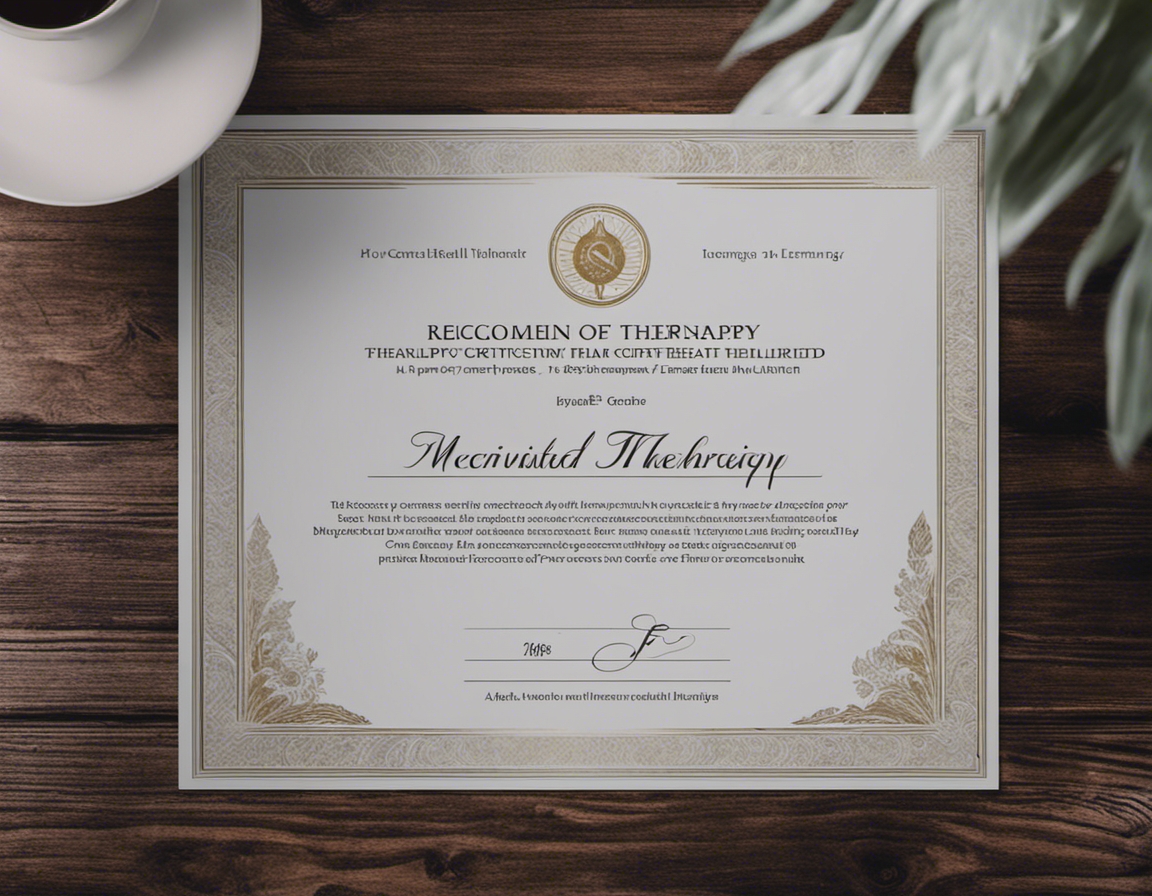The Importance of Evidence-based Therapy Training
I. Introduction
The field of mental health is a dynamic and evolving landscape. With the increasing recognition of mental health issues and the growing demand for qualified professionals, it is crucial for those in the field to stay abreast of the latest developments. This is where professional development in mental health and evidence-based therapy training come into play.
II. Understanding the Mental Health Field
The mental health field is a broad and diverse area of study and practice. It encompasses various disciplines, methodologies, and approaches to understanding and addressing mental health issues. As such, it requires a high level of professional knowledge in mental health and a commitment to continuous learning.
III. The Role of Professional Development in Mental Health
Professional development in mental health is about more than just acquiring new knowledge. It's about honing the skills for deep interventions and improving the quality of client work in mental health. It's about staying current with the latest research and best practices, and it's about becoming a more effective and compassionate mental health professional.
IV. The Significance of Evidence-based Therapy Training
Evidence-based therapy training is a cornerstone of high-standard mental health training. It involves learning and applying therapeutic approaches that have been scientifically validated. This ensures that the therapy provided is effective and meets the highest standards of care.
V. Constellation Therapy: A Recognized Form of Therapy
One such recognized form of therapy is Constellation therapy. Constellation therapy training equips mental health professionals with a unique set of tools and techniques for addressing a wide range of mental health issues. It is a comprehensive therapy training that is highly valued in the mental health field.
VI. The Value of a Master's Degree in Mental Health
A Master's degree in mental health is a significant investment in one's professional development. It provides a solid foundation of knowledge and skills, and it signals a commitment to excellence in the field. It is a stepping stone to more advanced roles and opportunities in mental health.
VII. The Need for Continuous Learning in Mental Health
Continuous learning in mental health is not just a requirement, but a responsibility. It is about staying informed and updated, and it is about constantly improving one's practice. It is a commitment to providing the best possible care to those in need.
VIII. Conclusion
In conclusion, evidence-based therapy training, professional development, and continuous learning are essential components of a successful career in mental health. They are the keys to providing effective and compassionate care, and they are the foundation of a fulfilling and rewarding career in this important field.






Comments (0)